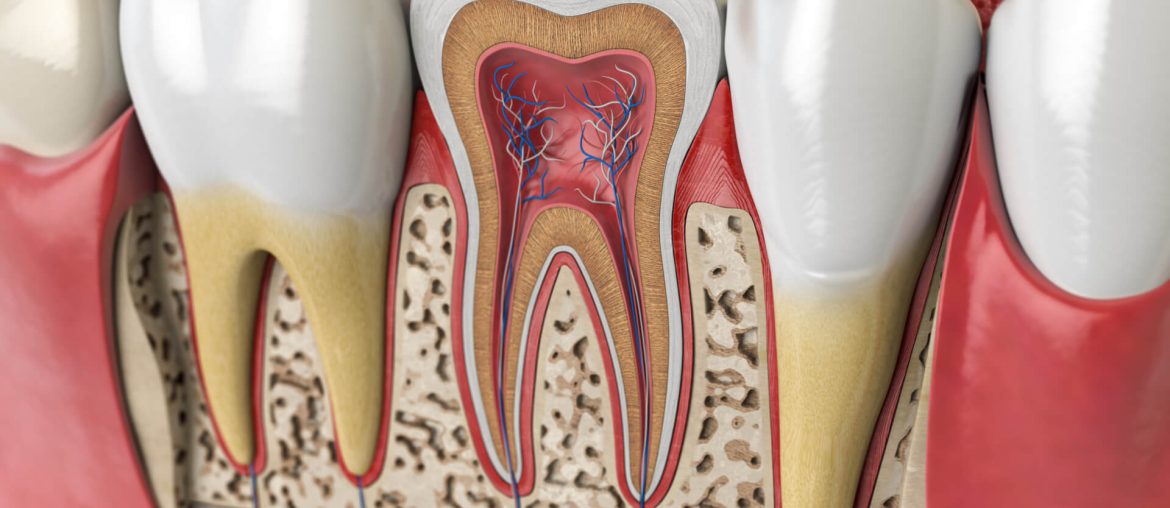With the appropriate care, your teeth that have had endodontic treatment will last as long as other natural teeth. Yet, a tooth that has received treatment may fail to heal or pain may continue to exist. Sometimes, the pain may occur months or years after treatment. If so, Endodontic Retreatment may be needed.
Root Canal Retreatment Explained
Here is a quick overview video of Root Canal Retreatment
For a number of reasons, previously treated root canals can sometimes fail to heal or become reinfected. Retreatment (or corrective root canal therapy) is the process of re-performing a root canal. It relieves symptoms and can save your tooth.
Improper healing may be caused by:
Retreatment therapy is necessary when root canal therapy or root canal surgery does not heal optimally or the tooth becomes reinfected. These are some of the primary causes:
- Curved or narrow canals were not treated during the initial treatment.
- Complicated canals went undetected during the initial treatment.
- The crown or restoration was not placed within the appropriate amount of time following the procedure.
- The crown or restoration did not prevent saliva from contaminating the inside of the tooth.
In some cases, new problems can influence a tooth that was successfully treated:
- New decay can expose a root canal filling material, causing infection.
- A cracked or loose filling or crown can expose the tooth to new infection.
Once retreatment has been selected as a solution to your problem, the doctors will reopen your tooth to gain access to the root canal filling material. This restorative material will be removed to enable access to the root canal. The doctors will now clean your canals and carefully examine the inside of the problematic tooth. Once cleaned, the doctors will fill and seal the canals and place a temporary filling in the tooth.
At this point, you will need to return to your dentist as soon as possible in order to have a new crown or restoration placed on the tooth to restore full functionality.
If you have a dental emergency, please call us right away at (650) 369-2555. Obtaining prompt evaluation and treatment may help save your tooth and prevent any further chronic pains.
If you have any other questions please visit our Contact Page to submit a form or call our office at (650) 369-2555.


